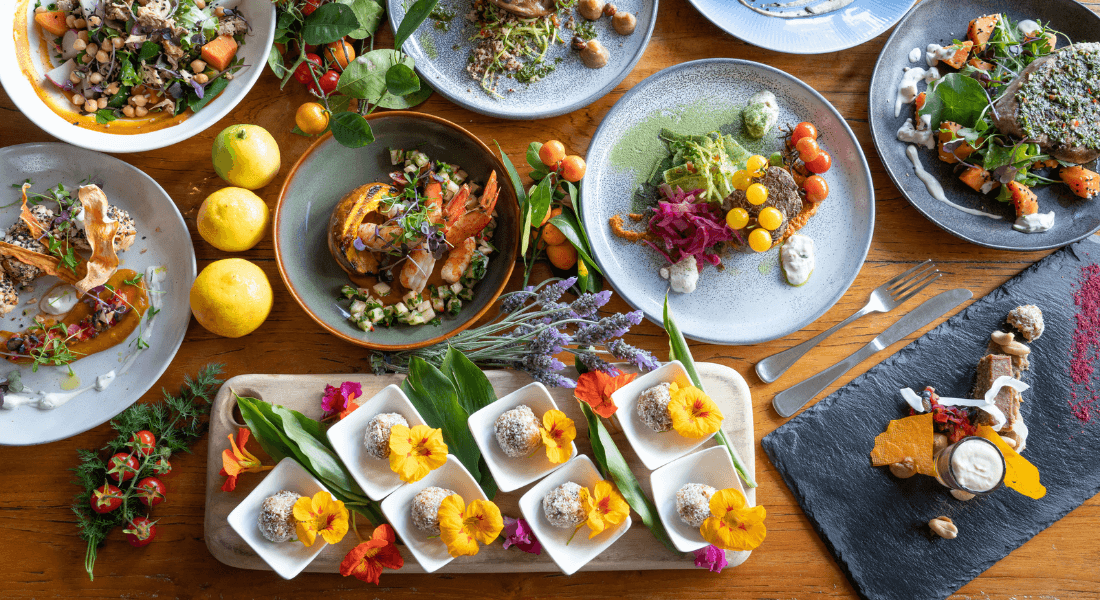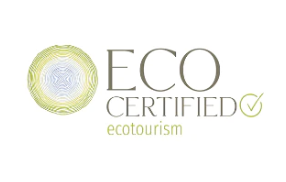Written by Sharon Kolkka, Wellness Advisor
The practice of mindful eating is the way to move forward in life with a healthy relationship with food and drink. Mindful eating ensures we are fully aware of the impact the food we are eating has on our health and wellbeing. It is about bringing our complete attention to why, what and how we eat. When we pay complete attention in this way we become both aware of our emotions and of the consequences of eating non-nourishing foods that may affect the delicate balance of our systems and body composition.
Approaching food with a mindful focus can retrain our brain to perceive the act of eating from a different perspective. We can train ourselves to enjoy eating and yet eat to meet the needs of our body, rather than the habitual food fight.
Most of us today also eat much more quickly than we did years ago and often while we are doing several things at once. Research shows this can lead to overeating and increased snacking.
We might also make choices that are not nutritionally sound if we constantly rushing around. Choosing foods that do not nourish our body can deplete our energy, leave our body out of balance and significantly impact blood sugar levels.
We often hear the phrase, you are what you eat. At Gwinganna, we say you are what you absorb. We encourage eating slowly. Chewing your food thoroughly is vital for good digestion and helps to slow the process of eating, giving the brain a chance to keep up with the stomach so you’re less likely to overeat. Eating food slowly and chewing it well also helps to optimise absorption of food.
Mindful eating can help ensure optimal digestion and absorption of nutrients, and also help emotional eating or overeating. Being present and focused and being grateful for the food we are eating plays a key role in how food is processed by our body and whether.
Mindful eating ensures we are fully awake and aware of the impact the food we are eating has on our health and wellbeing. It is about bringing our complete attention to why, what and how we eat.
Explore more elements of wellness by Sharon Kolkka. Learn about stress resilience strategies and more in Sharon’s new book co-authored with Dr Karen Coates, How to Be Well: A handbook for women.



